Everyone tells stories. Not everyone uses stories.
Stories existed long before recorded history. Human life is narratively grounded; we have always had stories to interpret our experiences, construct our lives and shape our world. Stories are universal, adaptive, and foundational to the human experience. We think in narrative structures, remember facts in story form, and share memories as stories.
Listen versus live
In stories, we can see, sense and experience what others have experienced. We can discern/appreciate/understand the characters, feel the weight of their challenges, their triumphs and tragedies. Stories can drag us low or lift us high; they can make us laugh – or cry; they can shock or soothe; they can teach, preach or reach; they can show and tell; and done well, they are “sticky” and become our own.
Experience is a powerful teacher. Mental simulation is not as good as actually doing something; having an experience. It is, however, the next best thing. And the right kind of story is a simulation. Facts and figures tend to “push” while stories “pull” – they draw us in.
It seems our brains are far more engaged by storytelling than by hard facts. When reading data, only the language parts of our brains work to interpret the meaning. But when we read a story, not only do the language parts of our brains energize, but also other parts of the brain that we would use if we were actually experiencing what we’re reading about become activated as well. Since we’re more engaged, it’s much easier for us to remember stories than mere facts; easier to “see” ourselves in a story than a collection of facts.
How we tell and retell stories has changed, but the pull, the engagement, the potential, and impact “of a good story, well told” has not. Whether cave paintings, novels or modern day movies, stories have always been important parts of our lives.
Tell a story, create a feeling, sell a beer
I believe every story serves a purpose. It’s purpose can be to deliver a simple message, chronicle an event, teach a lesson, lift our spirits, touch our hearts, or even entertain. Without stories how would we learn from our past, imagine our future, strive to emulate heroes from the past or the imagination? How would we communicate our national identity, lead people into the future, or connect with others in the present?
“When we read a story, we inhabit it… And this is possible because the story’s voice makes everything its own.” ― John Berger, Keeping a Rendezvous
Marketing researchers Quesenberry and Coolsen focused on brands’ use of specific strategies to sell products during a two- year analysis of 108 Super Bowl commercials. Their results were published in The Journal of Marketing Theory and Practice. They found that, regardless of the content of the ad, the structure of the content predicted its success. They rightly observed that we’re social beings and we relate to other people and are therefore naturally attracted to stories. Their insights even predicted that a Budweiser advertisement would be a winner among other Super Bowl ads.
“The world isn’t just the way it is. It is how we understand it, no? And in understanding something, we bring something to it, no? Doesn’t that make life a story?” ― Yann Martel, Life of Pi
It’s easy to say, “Just use stories. They’ll make you a better leader.” How does one organize a good story? Are there models or templates that can help? Where to start? One place you can start is with Story Frames That Work at Work, In Your Business. (a complimentary PDF article; no opt-in required.).
Tell Stories. Make connections. Make a difference.
So, what’s your story?
In Other Words…
“People think that stories are shaped by people. In fact, it’s the other way around.” ― Terry Pratchett, Witches Abroad
“We owe it to each other to tell stories.” ― Neil Gaiman
“There’s always a story. It’s all stories, really. The sun coming up every day is a story. Everything’s got a story in it. Change the story, change the world.” ― Terry Pratchett, A Hat Full of Sky
“Stories–individual stories, family stories, national stories–are what stitch together the disparate elements of human existence into a coherent whole. We are story animals.” ― Yann Martel, Beatrice and Virgil
“The purpose of a storyteller is not to tell you how to think, but to give you questions to think upon.” ― Brandon Sanderson, The Way of Kings
“…What happens is of little significance compared with the stories we tell ourselves about what happens. Events matter little, only stories of events affect us.” ― Rabih Alameddine, The Hakawati
In Linked Words…
In The Word…
“Then he told them many things in parables…” – Matthew 13:3a


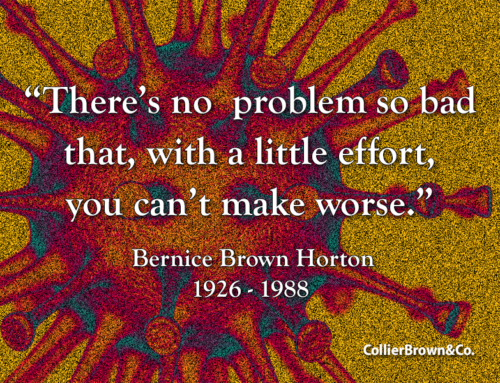
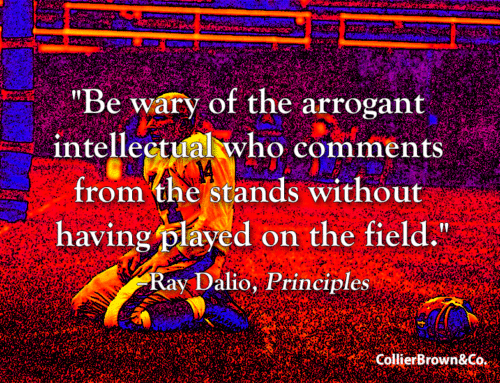
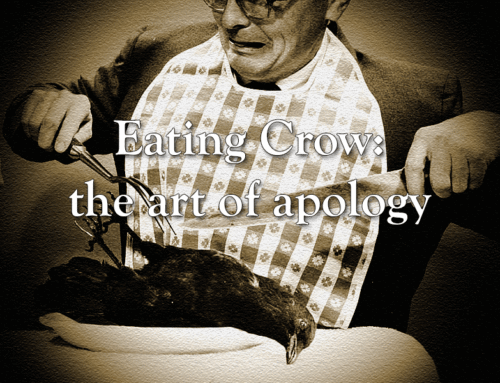
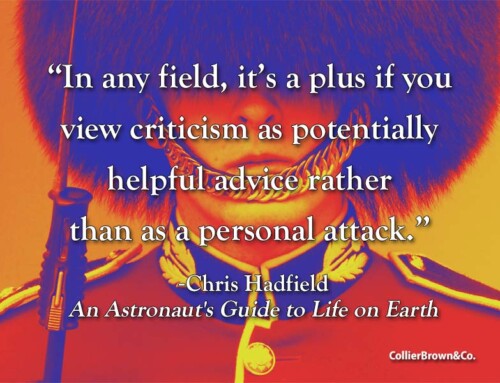
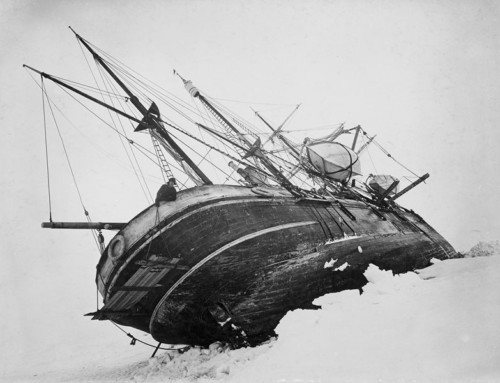
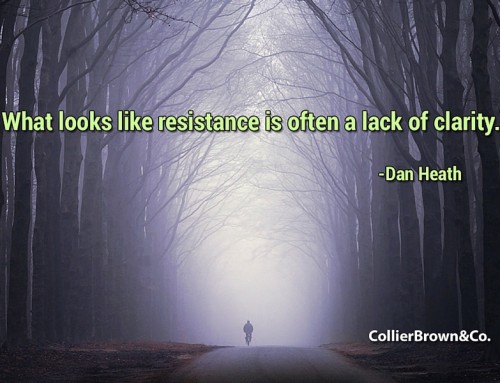
Leave A Comment